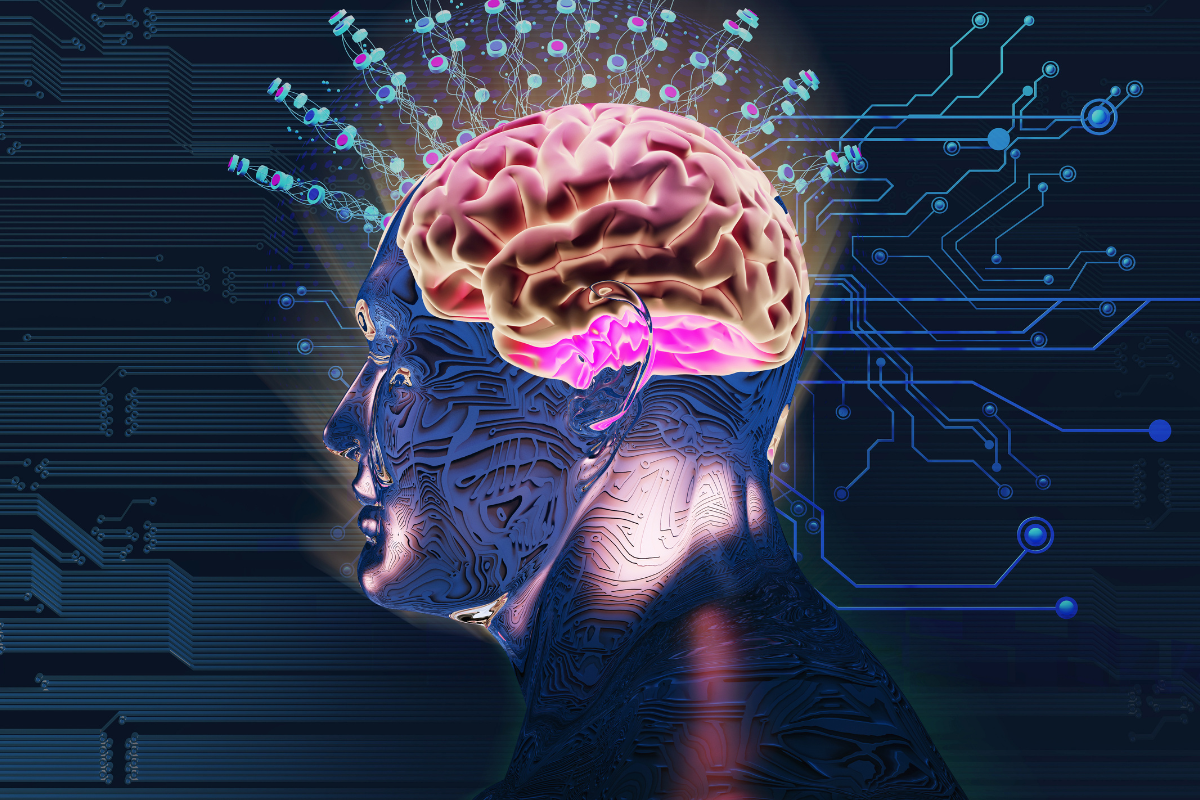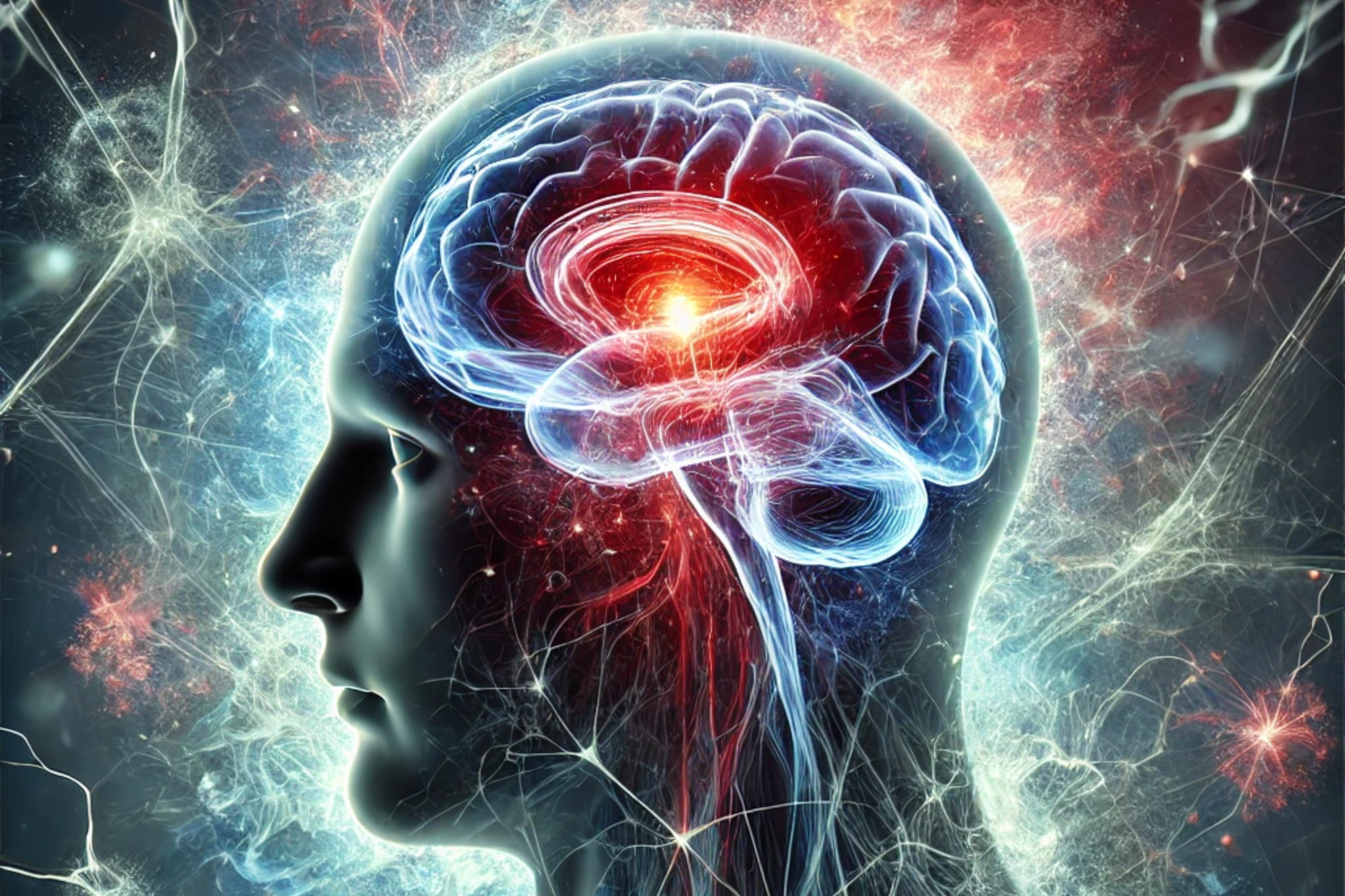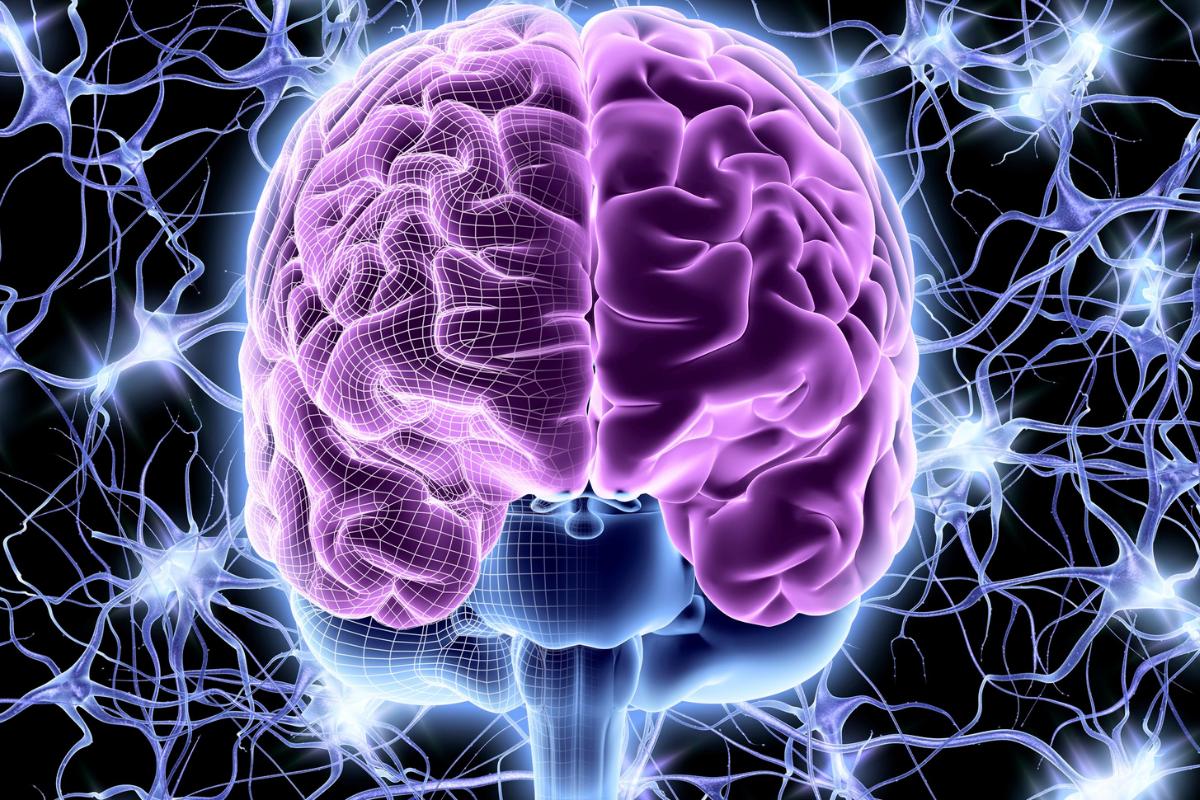Geriatric psychiatry, a subspecialty of psychiatry, plays a vital role in the mental health of our ageing population. This field, focused on the study and treatment of mental disorders in the elderly, is more relevant than ever.
In this era of prolonged life expectancy, the need to understand and effectively treat mental health issues specific to the elderly is paramount.
In this article, we will explore the importance of geriatric psychiatry, the main disorders treated and how Dr. Petrus.., psychiatrist in Campinascan also help in this stage of life.
What is geriatric psychiatry?
Geriatric psychiatry is a medical specialty that focuses on the prevention, diagnosis and treatment of mental illness in older people.
This subspecialty of psychiatry addresses the complexities of the aging mind and the impact this has on the functionality and quality of life of the elderly.
Definition and field of action
Geriatric psychiatry goes beyond simply diagnosing a mental illness. It encompasses a holistic and integrative approach, considering the interaction between mental and physical health, social and environmental changes and medication.
The practice of geriatric psychiatry involves a variety of treatment techniques, including drug therapy, cognitive-behavioral therapy and psychosocial support. For selected cases, there are also neurostimulation techniques (ECT or transcranial magnetic stimulation).
The goal is to promote the mental health and well-being of the elderly, enabling them to live their lives in a full and meaningful way.
The importance of geriatric psychiatry
Geriatric psychiatry is crucial for mental health of the elderly population. With the increase in life expectancy, more people are living into old age.
Consequently, the demand for specialized mental health care for this age group is growing.
Ageing and mental health
Aging brings with it physical and mental changes. In addition to the physical ailments common to age, the elderly can also face mental disorders such as depression and anxiety, delirium and dementia.
Geriatric psychiatry therefore plays a vital role in identifying and treating these conditions.
Through a comprehensive approach, geriatric psychiatrists can help improve the quality of life of the elderly, allowing them to enjoy their golden years with dignity and respect.
Main disorders treated by geriatric psychiatry
Geriatric psychiatry deals with a variety of mental disorders that affect the elderly. Some of the most common include depression, dementia (including Alzheimer's disease), deliriumanxiety disorders and sleep disorders.
Depression in the elderly

Depression in the elderly is often masked by physical symptoms or wrongly attributed to the natural aging process.
In other words, older people with depression may feel sad and more irritable or apathetic, and may complain of physical problems, such as fatigue or pain, rather than sadness or despair.
Treatment can involve a combination of medication, cognitive-behavioral therapy and lifestyle modifications, such as increasing physical activity and improving diet.
In selected cases, neurostimulation techniques (ECT or transcranial magnetic stimulation) are also effective.
Dementia, including Alzheimer's disease
Dementia is characterized by a progressive decline in cognitive function, affecting memory, thinking, orientation, comprehension, calculation, learning ability, language and judgment.
Alzheimer's disease, a form of dementia, is particularly devastating as it affects not only the patient, but also those who care for them.
Treatment for these conditions is multifaceted, involving medication to slow the progression of symptoms, behavioral therapy to manage behavioral changes and support for caregivers.
Delirium
This is a serious medical condition that is often underdiagnosed and requires immediate attention.
Characterized by disorientation, restlessness and changes in the level of consciousness, the delirium is a state of acute mental confusion that can be caused by various medical conditions, including infections, electrolyte imbalances and the use of certain medications.
Unfortunately, up to 50% of the cases of delirium are not diagnosed, often due to the lack of recognition of symptoms by health professionals.
Early diagnosis and treatment are essential to prevent long-term complications such as cognitive decline and mortality. It is therefore essential that geriatric psychiatry professionals are well informed and prepared to identify and treat this condition.
Bipolar disorder in the elderly
Bipolar disorder, a subtype of mood disorder, is a condition that can also affect people in old age. Generally, when the first episode occurs after the age of 65, its origin is likely to be organic.
Symptoms in the elderly are similar to those in adults and young people, including euphoria, expansive moods, easy distraction, impulsivity, lack of sleep, irritability, distrust and hostility.
The treatment is carried out by qualified professionals and is developed according to the individual's specific needs.
Anxiety disorder
Anxiety disorders in the elderly can be debilitating, often exacerbated by factors such as chronic illness, loss of loved ones and lifestyle changes.
In this sense, these disorders can manifest as panic attacks, obsessive-compulsive disorder, post-traumatic stress disorder and specific phobias.
Treatment can involve cognitive-behavioral therapy, relaxation techniques, medication and, in some cases, psychosocial interventions such as support groups.
Sleep disorder
Sleep disorders in the elderly are a complex issue that deserves special attention in geriatric psychiatry. The prevalence of these disorders increases with age, significantly affecting quality of life.
Insomnia, characterized by difficulty initiating or maintaining sleep, is the most common sleep disorder among the elderly. It can be a symptom of a number of medical or psychiatric conditions, including depression and dementia.
Excessive daytime sleepiness, another prevalent problem, can be indicative of sleep apnea. It is crucial that health professionals are aware of these symptoms, as early diagnosis and treatment can prevent complications and improve the quality of life of elderly patients.
Dr. Petrus Raulino: reference in geriatric psychiatry

Dr. Petrus Raulino is a respected name in the field of geriatric psychiatry. This is because, with extensive clinical and academic experience, he stands out for his comprehensive, careful and personalized medical approach when treating mental disorders in the elderly.
She also has extensive experience thanks to her more than 10 years in charge of the Psychiatry Inter-consultation Service at Vera Cruz Hospital and Vera Cruz Casa de Saúde, where she treated countless cases of elderly people with delirium, dementia, depression and other psychiatric conditions in general hospitals.
Dr. Petrus Raulino's experience and approach
Dr. Raulino has a long career dedicated to the mental health of the elderly. In other words, his approach is based on the understanding that each patient is unique and deserves personalized care.
He strives to treat not only the symptoms, but also the underlying causes of mental disorders. In addition, Dr. Raulino emphasizes the importance of emotional and social support in the treatment of his patients.
His commitment to excellence and compassion have made him a benchmark in geriatric psychiatry.
Dr. Petrus Raulino: reference in geriatric psychiatry
Geriatric psychiatry is an essential area of medicine, dealing with the unique mental health challenges faced by the elderly.
Dr. Petrus Raulino offers a variety of treatments, adapted to the individual needs of each patient, and provides the necessary support to face these problems with dignity and hope.
So if you or a loved one needs help, don't hesitate to schedule an appointment with Dr. Petrus and start taking care of those who matter most.
If you liked this content and want to know more, keep reading our blog.







